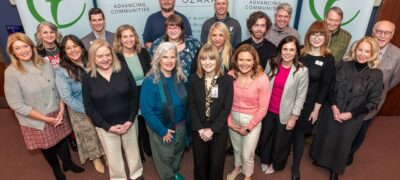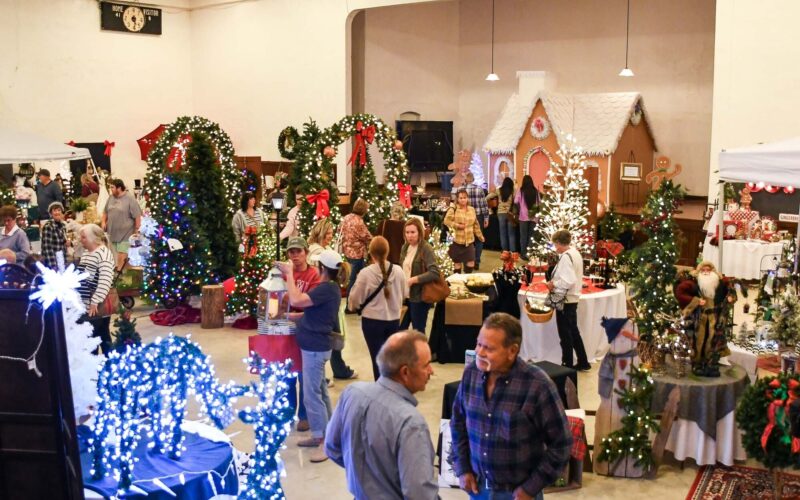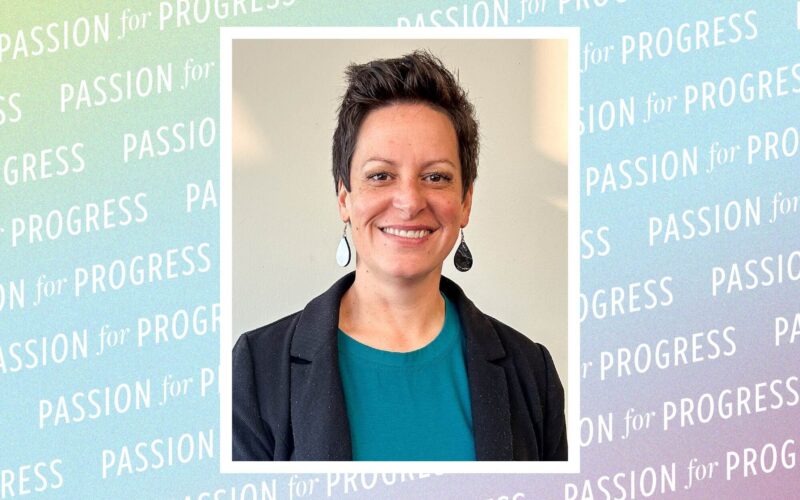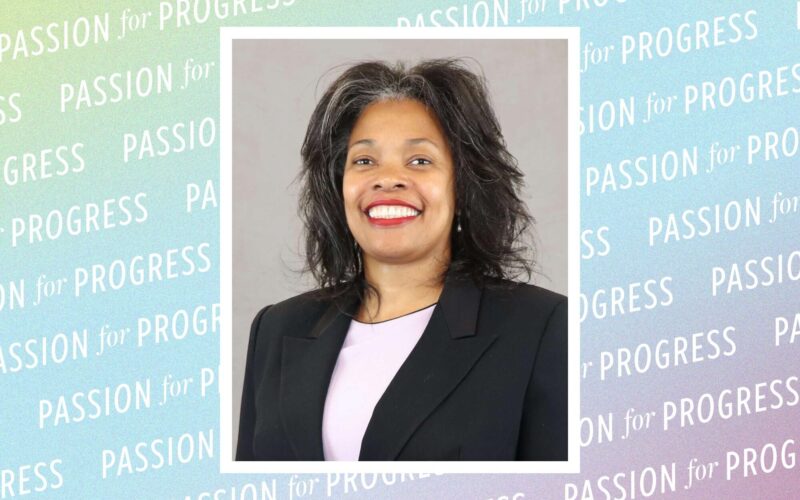By Brian Fogle, President & CEO
Community foundations are committed to every step of disaster recovery’s long road
I sat in my chair watching cable news, riveted, on a recent Sunday. Part of the reason I didn’t move was that fact I had helped my daughter move the day before, but mostly, it was to see what happened with Hurricane Ida, and what would happen to that part of our nation. It seemed to be another in a series of Nature’s cruel jokes — this was happening on the 16th anniversary of Hurricane Katrina. The memory of that storm remains vivid to me all these years later.
My eccentric uncle lived in Gulfport, Mississippi, at the time. Bob was a career “Navy man,” never married, and was the adult that introduced me to Tolkien, Beethoven and the geography of the world that he had seen so much of during his lifetime. As Katrina approached, my cousins and brothers were on the phone days before, pleading with him to leave. “I think if the sea comes for me, it would be poetic. I love the ocean, and going out that way would seem fitting,” he responded.
We all watched in horror as the storm terrorized southern Louisiana and the Gulf Coast. On that Monday, we started looking at Google maps, and could see train cars and barges washed up into his neighborhood. We constantly checked Red Cross message boards and called FEMA, Emergency Management and other “officials.” By that Tuesday, we had resigned that Uncle Bob had probably experienced that poetic ending he talked about.
On Thursday morning of that week, a friend emailed a newspaper article in the Houston Chronicle. It mentioned a gentleman who was living in an upstairs bedroom in a house on Woodward Avenue in Gulfport. “Could this be your Uncle Bob?” I called my cousin in northern Florida to relay the news. He drove over and, alas, fetched Uncle Bob from his predicament. As they left the area, Uncle Bob called me, and his first words were: “Brian, did you know refrigerators could float?”
His journey, however, was only beginning.
Uncle Bob was taken advantage of more than once as predatory individuals came in to exploit the desperation through work never finished and promises not kept, despite a trusting octogenarian who simply wanted restoration to a life he once knew. We ended up taking a firmer hand — moving him to another state to be with a cousin who could keep watch over him. He passed away about a decade ago.
Today, I have the privilege of serving on the Center for Disaster Philanthropy advisory board. Because of where we live, and the increasing number of significant natural disasters nearly everywhere, the CFO has developed an expertise in disaster recovery. We have developed relationships with trusted organizations that have years of experience in restoration efforts. As we learned with our work on tornado and flood recovery over the past several decades, it is a long process. Community Foundations are well positioned to be a significant contributor to those recovery efforts, because we’re place based, and our local boards know and care for their communities more than any outside organization can or should, quite frankly.
There are some very effective organizations such as Convoy of Hope, Red Cross and Salvation Army that are quite good of providing immediate relief efforts. They are typically the first groups in … often before any public agencies. If you are a donor who wants to provide immediate assistance, those agencies, and several others, will responsibly reflect your philanthropic wishes. But if you want to help a year from now, or five years from now, community foundations will be there until recovery is achieved — and then continue enriching the community through the best days to come.
Through our years of work in this field, we’ve learned a few things. First, that refrigerators do indeed float. Second, that the incidence of major natural disasters has consistently increased, and will continue to do so. Third, that there will never be enough public dollars to restore people and places. Philanthropy has to continue to play a major part. Community foundations are there today, tomorrow and years from now. Recovery is a long road, and we’ll be there every step of the way. Call us if we can help provide guidance if you’re interested in supporting recovery from the most recent hurricane, flooding or wildfires.
Brian Fogle is the president and CEO of the Community Foundation of the Ozarks.



